Admitting I was and am an Alcoholic
On June 28, 2019, I made public my personal struggle with alcohol and my fresh and raw efforts to “slay the beast” known as alcoholism. I was motivated by the desire to let other friends, colleagues, lawyers, and judge advocates know that, if they were struggling with alcohol and addiction, that they were not alone. I also found it cathartic for my recovery to “lay it out there” and own my problems with alcohol. It was no secret that throughout my career, I was the guy that would close a bar or be the last one to call it a night. I seemed to always be drinking when I was not working. But on June 28, 2019, I felt it was time to be brutally honest – at least give it a start.

Battling Alcoholism is an Ongoing Effort
I am writing today to share my continued efforts to battle the disease of alcoholism and offer to talk to anyone privately that may be struggling with alcohol in their lives. Part of my recovery is helping other alcoholics to recover from alcoholism – in fact – this is part of Step 12 in the Alcoholics Anonymous 12-step program. But more than that, I must embrace what is an open part of my new life as a recovering alcoholic. I am not embarrassed about my past, but I wish I could have seen the dangerous road upon which I was traveling sooner. I wish I could have prevented some of the damage I caused along the way, to friends, family, loved ones, and myself. I have damaged and destroyed relationships with people who I loved. I wish someone would have reached out to me and offered me hope to change, and that I would have somehow been humble enough to admit my alcoholism and make changes to heal earlier. So that is what I am doing now. Sharing my story and update so that someone out there does not feel that sickening, isolated, crushing feeling of being lost and alone with nowhere to go – being at the end of your rope. For me, it was the very real attempt to hang myself in the Forest in May 2019, and intervention from my “higher power” that kept me alive and able to seek help and recovery.

First Treatment was 4 Years Ago
It was about this time four years ago when I went to treatment at Warriors Heart in Bandera, Texas. Warriors Heart is an alcohol and drug treatment facility for veterans and first responders only. It was there that I met two other Army Judge Advocates who were retired and seeking help with their battles with alcohol. I know this problem is widespread in the world, and not even lawyers and judge advocates are immune. My decision to seek treatment in May 2019 was the first time I wanted to change, and the first time I admitted I had a problem. It is sad that I had to try to kill myself to acknowledge I had a problem. I must admit that recovery is not an easy road, and that there are bumps along the way. For many of us, it takes some time to get it right, and unfortunately some never do. Today, I am approaching 20-months since my last drink. It is long enough to know that if I don’t practice my program of recovery every day, I face an abrupt return to where I was – and as we say – it is always worse when we “step back out.”

The Most Difficult Fight in my Lifetime
Since my last posting about my struggles with alcohol on June 28, 2019, I had highs and lows in my efforts to battle alcoholism. Admittedly, it does not take a math major to do a little subtraction and realize that my battle with alcoholism did not end with my trip to rehab in May 2019. I was able to stay sober for several months and found myself drawn back to the allure of drinking – it was not as bad as it had gotten to “wake me up,” but I was still in need of help. My sobriety date is October 14, 2021 – that is my new birthday. To get there, my road was tough, and involved multiple returns to Warriors Heart. I was determined to beat alcoholism, and to not suffer the alcoholic death endured by my father. But don’t let anyone tell you it is easy – it is not – it is an opponent like no other. It is a disease in your brain, where you are trying to kill yourself – and your brain tells you that it is okay. What other disease out there convinces you that it is okay to engage in the conduct that is fuel for your disease? I do not want to get preachy here, but I had a thinking problem that caused my drinking problem. I thought I could drink like “normal people” but every time I did, I would find myself in a binge that often ended in a blackout. Listen to the song I co-wrote at Warrior’s Heart in a program called Operation Song about my battle with alcohol.

Multiple Efforts at Rehabilitation
So back to the math. I wound up going back to rehab a total of four times, with my last treatment beginning on October 13, 2021. I was fortunate because Tricare paid for it each time costing well over $200,000 in total. I was persistent if nothing else. Each time I would get closer to that elusive goal of “slaying the beast” for good. I am so grateful that my wife Ebru Choice stood by my side through the entire ride. The last time I sought treatment at Warrior’s Heart, I showed up to rehab after a long journey from Germany drunk and battered. When I arrived in San Antonio, I had been drinking throughout the flights and in the airport lounges. Warriors Heart was picking me up at the airport, and when I arrived, I stopped at the cantina in the airport and had two double Tito’s straight up to cap off my return to rehab. As I went to the baggage claim, I stepped outside to smoke a cigarillo and wait for my luggage – stepping outside was the last thing I remember before “coming to” sitting on a bench with EMTs treating me. Apparently, I fell flat on my face and my eye was swollen shut – they wanted to send me to the hospital, but I refused – instead opting to get to rehab and continue my battle. I was taken to the hospital the following day for scans to ensure I had not fractured anything in my face. The only thing fractured was my ego. That was my very last drink.

Locked Into Thinking I had to “Quit” Drinking
It took a change in the way I approached my recovery to make the difference in my success, which happened for me in October of 2021. For the longest time I wanted to quit drinking. I wanted to stop drinking to avoid the consequences of drinking – to not risk DUIs or other legal issues, to not be an ass to my family and friends, to not be a substandard performer in my professional life, to not risking permanent health ailments, to not dying an alcoholic’s death. And to achieve those goals I had to do one thing only – to quit drinking. And I wanted it bad. More than anything. The problem for me was the way I framed the question. To get the benefit of being a good husband, father, friend, colleague, provider, lawyer, and enjoy a healthy life, I had to give something up – alcohol. I had to stop using it. I had to quit drinking and say goodbye to Tito’s. And let’s face it, the only reason I drank was because I liked the way it made me feel – that feeling of being intoxicated. And I now had to give that up and quit drinking to get any of the benefits, or as they are called in AA circles, “the promises.”

Mental Shift to Wanting to be Sober
I don’t know how or when exactly my thinking about having to quit drinking changed – but it did. I realized that I did not have to give something up to get the benefits I so desperately sought. Instead, I began to think of it differently. Instead of having to give up the bottle to live a good life, I began to want to have a good life. I no longer had to give up drinking, instead I wanted sobriety for sobriety’s sake. I wanted to be a good husband to be a good husband. I wanted to be a good father to be a good father. I wanted to be a good friend to be a good friend. I wanted to be an empathetic lawyer to be a good empathetic lawyer. I wanted a good life – I wanted to be sober. I no longer wanted to quit drinking, instead I wanted to be sober. And the reason for doing this was not to reap the rewards of putting the bottle down, but instead I wanted to be the good man by not picking the bottle up. It was a change for me. I was no longer seeking the benefits of quitting, but I was enjoying the life of sobriety. I was getting “the promises” of sobriety. I was not sacrificing, I was blossoming. And it was when I changed my thinking from having to give up my lifelong companion of alcohol, to embracing my new life of sobriety, that I was able to keep the “beast” in check – as I have learned it will never be slayed. I was enjoying sobriety. I was enjoying being a loving husband and father. I was enjoying being a good friend. I was enjoying having renewed professional motivation. I was enjoying not being intoxicated for really the first time in my life. I was enjoying living. Not drinking was no longer a burden of having to quit, but rather was a consequence of being sober. When I finally wanted sobriety, the drinking became inconsequential. It was an afterthought – more of a “huh, I don’t want to interfere with my sobriety.” This shift in thinking was monumental and has allowed me to enjoy sobriety for the past nearly 20 months.

Openly and Honestly Embrace my Alcoholism
Because I love being sober, and its natural consequences, I work at it. I know I still have the disease of alcoholism and I am still an alcoholic. I know if I have one drink, it will trigger the obsession in my brain that will demand that I drink more and more. There is a saying that “one drink is too many, but 100 drinks are not enough.” And if that ain’t the absolute truth, nothing is. So, to keep my sobriety, I do the things that make it easy for me to be sober every day. I wake up every day knowing that I am an alcoholic, and that when I drink, my life is unmanageable. I know daily, that without my faith in something greater than myself, I risk a return to where I was in 2018-19. I am open and honest about my past, and my alcoholism with those who know me, and those who I meet. I don’t wear it on my sleeve, but I don’t make excuses why I don’t drink, I simply say that I am an alcoholic. I share my experiences when I was drinking with others and share what my life is like now. I openly embrace my past troubles with drinking and enjoy my life of sobriety every day. I have stopped making all my decisions on what is best for me – Will M. Helixon – but instead I now consider what is best for my wife, children, family, friends, colleagues, clients, and community. I have stopped being selfish and thinking only of myself. I live to be of service to other alcoholics and help them with their struggles with alcoholism. I host 4 two-hour long AA meetings on Zoom every week, although sometimes my schedule interferes. I talk openly with other alcoholics about sobriety and what I do to continue living a sober life. I work the 12-steps of AA and know that spiraling out of control is only a drink away. I have made sobriety my way of life and the rest falls into place, including “not drinking.” I go back to Warriors Heart every 3-4 months for a few weeks to a month for a “recharge” by sharing my story with veteran’s and first responders desperately seeking to change their lives. I work with them, and fellowship with them, and this keeps me sober.

Eliminated Prescription Drugs and Recount Gratitude
I am no longer on any medications. Sobriety has weened me off the anti-depressants, the anti-anxiety meds, the sleep meds, and the mood stabilizers. At one point, I was taking 22 pills a night – and no matter how you slice it – that cannot be good for your brain chemistry. Today, the only medication I take is melatonin to help me sleep. I rejoice daily in the gifts bestowed upon me – family, health, education, retirement, financial security, my legal practice, my friends, and my sobriety. I see how many people struggle daily just with making it from day-to-day, wondering if they will get a job, or make the monthly bills, or pay for medical care, or be able to buy enough groceries. I am so grateful for the security, relative prosperity, and worry-free life I now live. It is all possible because I want to be sober and live a sober life. Everything else falls into place. I have truly been blessed, and the crooked, bumpy, long road I took to get here was there to teach me many life lessons – that I now understand and can appreciate living a sober life.

Give me a Call or Send me a Note
If you are struggling with alcohol or alcoholism and don’t know what to do, or where to go, or have anyone to talk to, feel free to drop me a note. My number is on my website, and you can email me at will@helixongroup.com or helixonw@gmail.com. While I don’t profess to having the answers, I will talk to you about my experiences, good and bad, and be a sounding board for you. If you are a friend, colleague, or acquaintance, I will give you some time to talk about alcoholism and things that worked and did not work for me. I will share my experiences with you to give you someone to talk to about an issue where you feel alone and isolated.
Don’t be embarrassed or too proud to seek help. Don’t let alcohol fuel your depression to thinking “a trip to the forest” is a good idea.
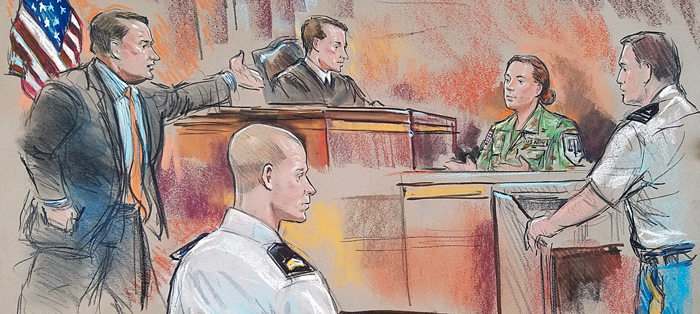
More about the Law Office of Will M. Helixon.
Will M. Helixon established the Law Office of Will M. Helixon in February of 2016. Originally headquartered in Kansas City, Missouri, the firm’s original mission was to defend members of the military in courts-martial, adverse administrative proceedings and other criminal proceedings. Today, the firm has worked as military lawyers in multiple complex and high-profile military cases. The firm now handles most military matters, including medical issues involving the MEB/PEB process, adverse administrative matters, military justice matters including Nonjudicial Punishment, Administrative Separation Boards, and Boards of Inquiry, and legal assistance matters, including rebutting GOMORs and the correction of military records. The firm also assists officers navigate the minefield of findings of adverse information (AAIP) in AR 15-6 Investigations (command directed investigations), Selection Boards (Promotion Boards), Special Selection Boards, and Special Selection Review Boards (SSRB). No longer in Kansas City, the firm now has a European office physically located in Vilseck, Germany and in Wiesbaden, Germany. Call us today to assist with your legal issue in Germany or the United States. All military lawyers at the Law Office of Will M. Helixon maintain licenses to practice before all military trial courts.
Vilseck: Law Office of Will M. Helixon – Vilseck – Germany, Hans-Ohorn-Platz 7, First Floor, 92249, Vilseck, Germany.
Wiesbaden: Law Office of Will M. Helixon – Wiesbaden – Germany, Langgasse 21, 65183, Wiesbaden, Germany.
Germany +49 (0) 9662-293-8047
United States (913) 353-6466


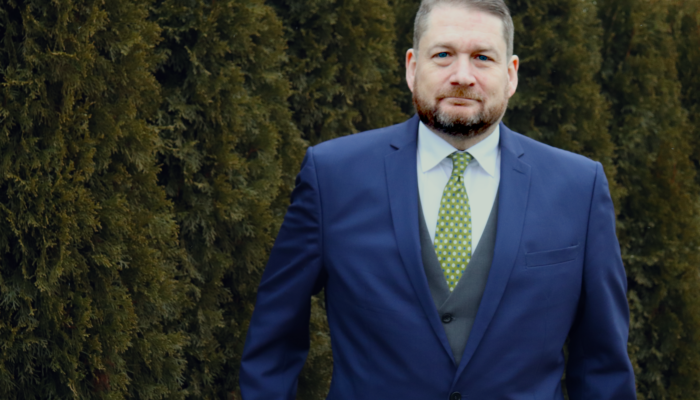
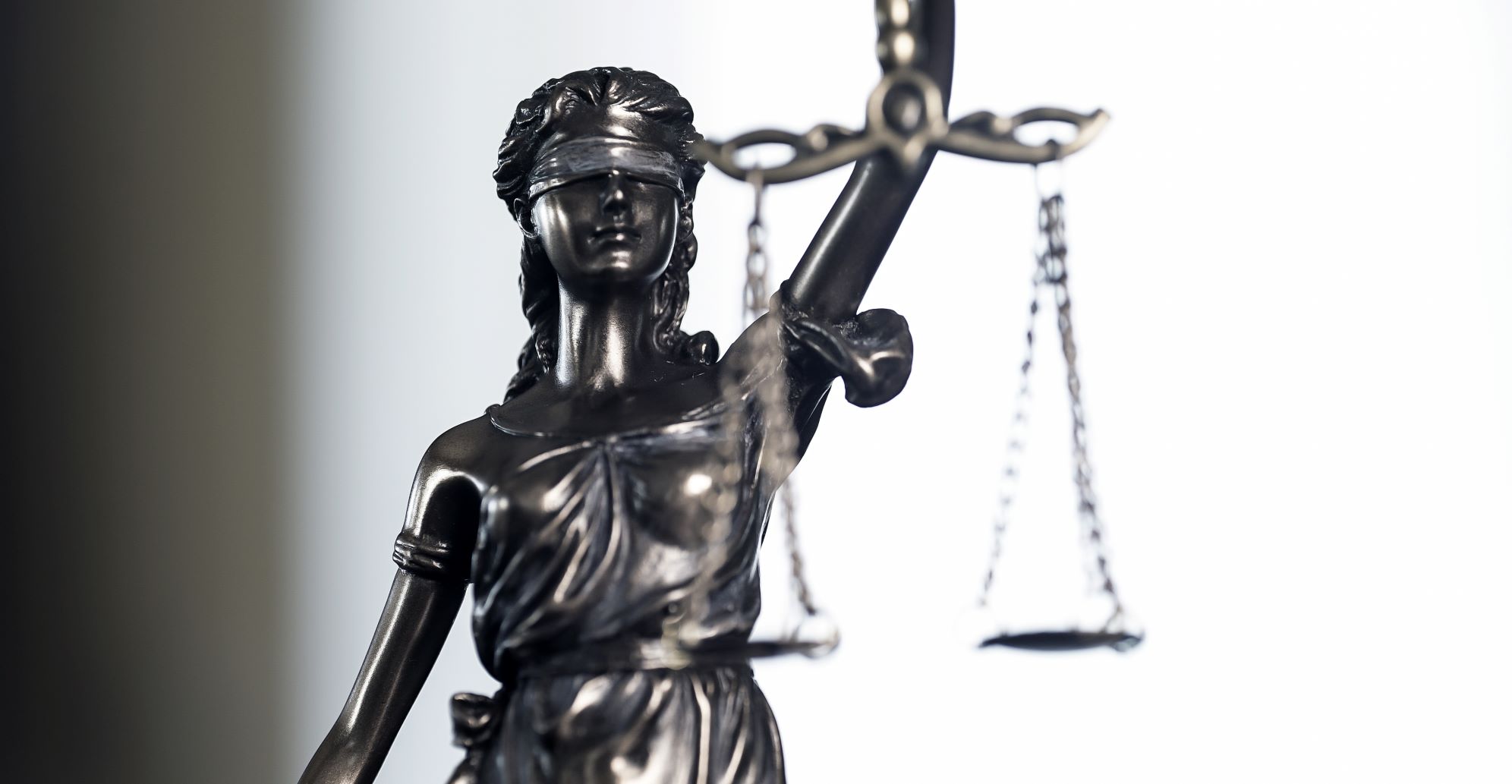
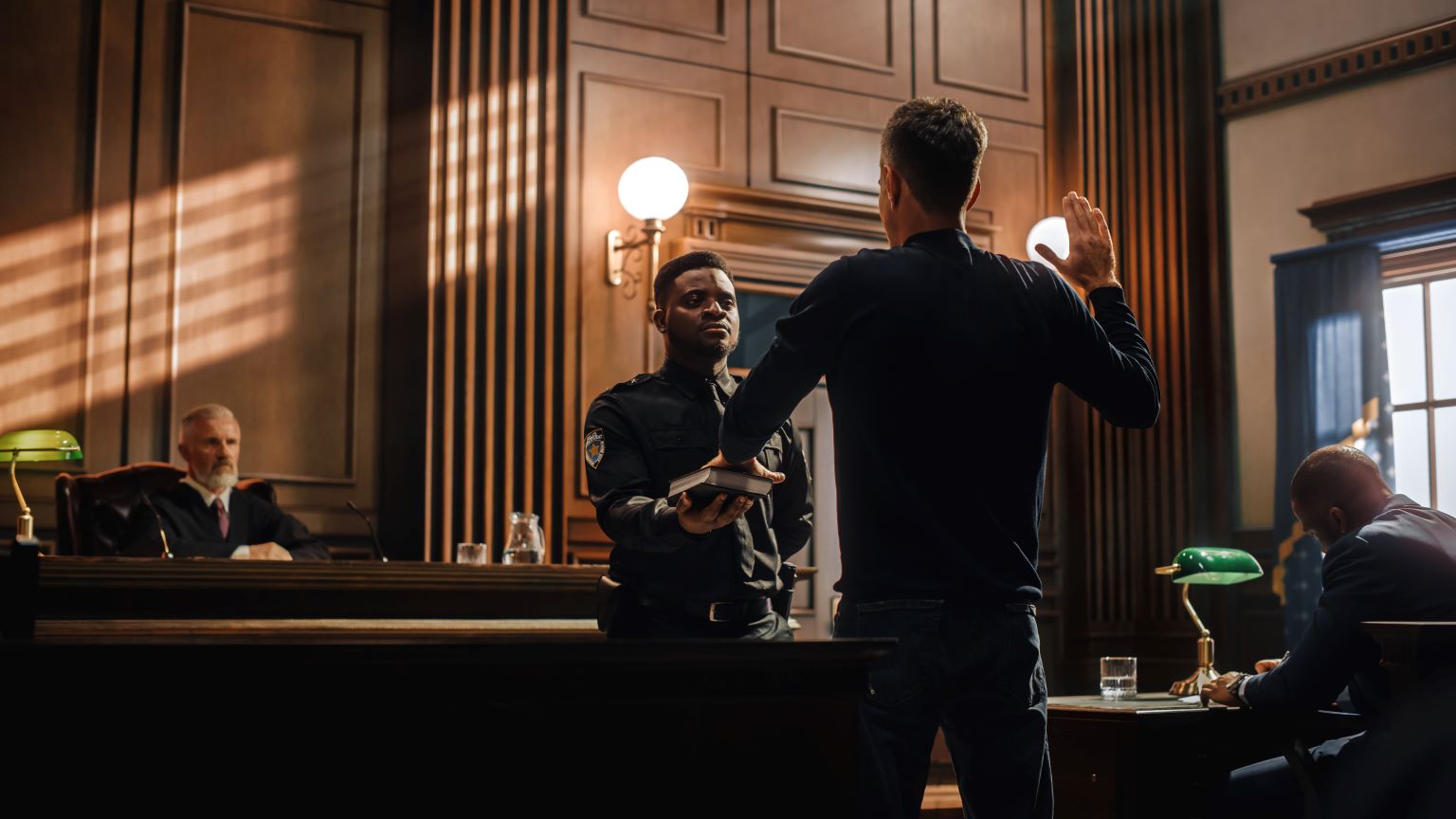

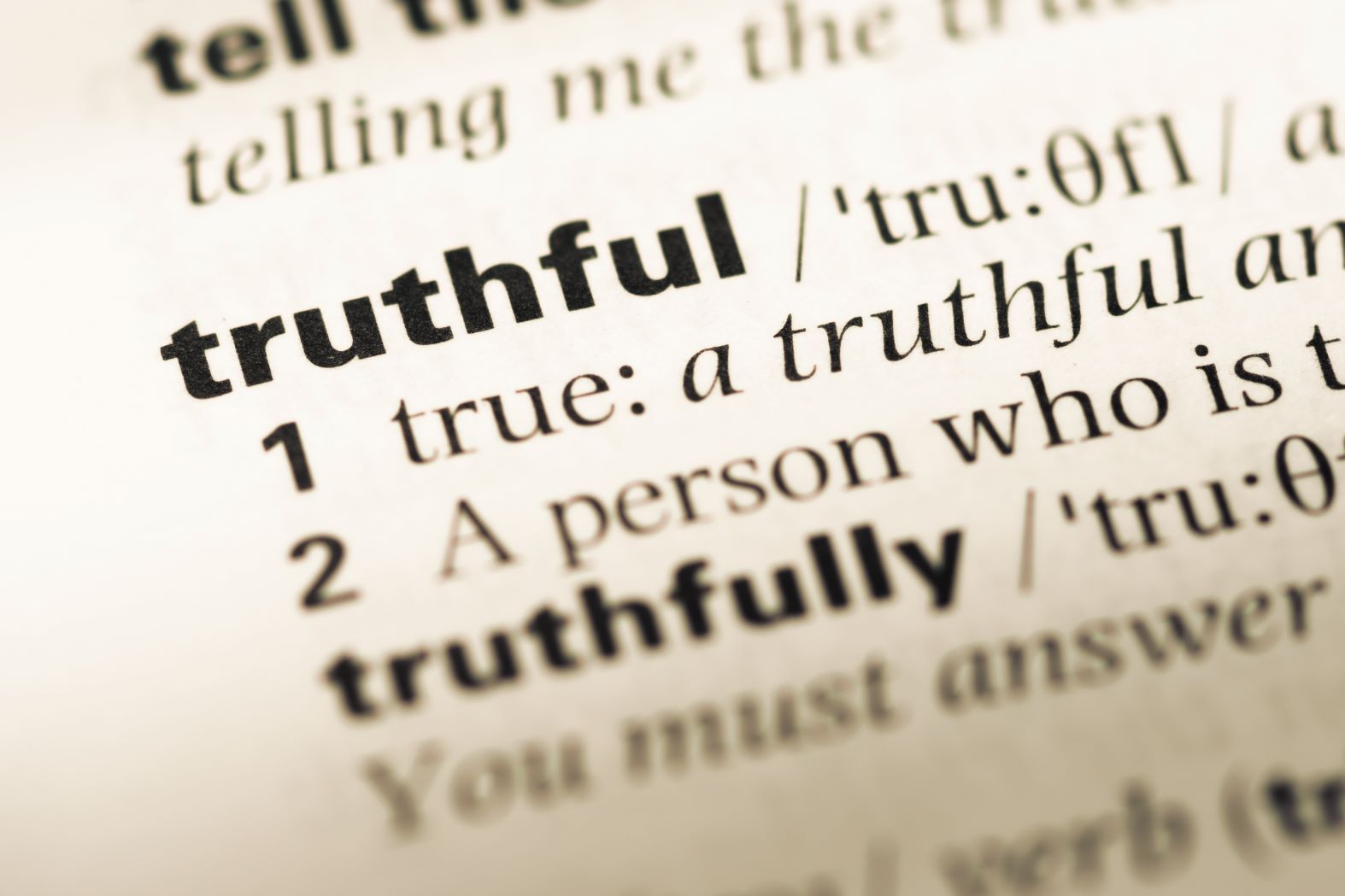


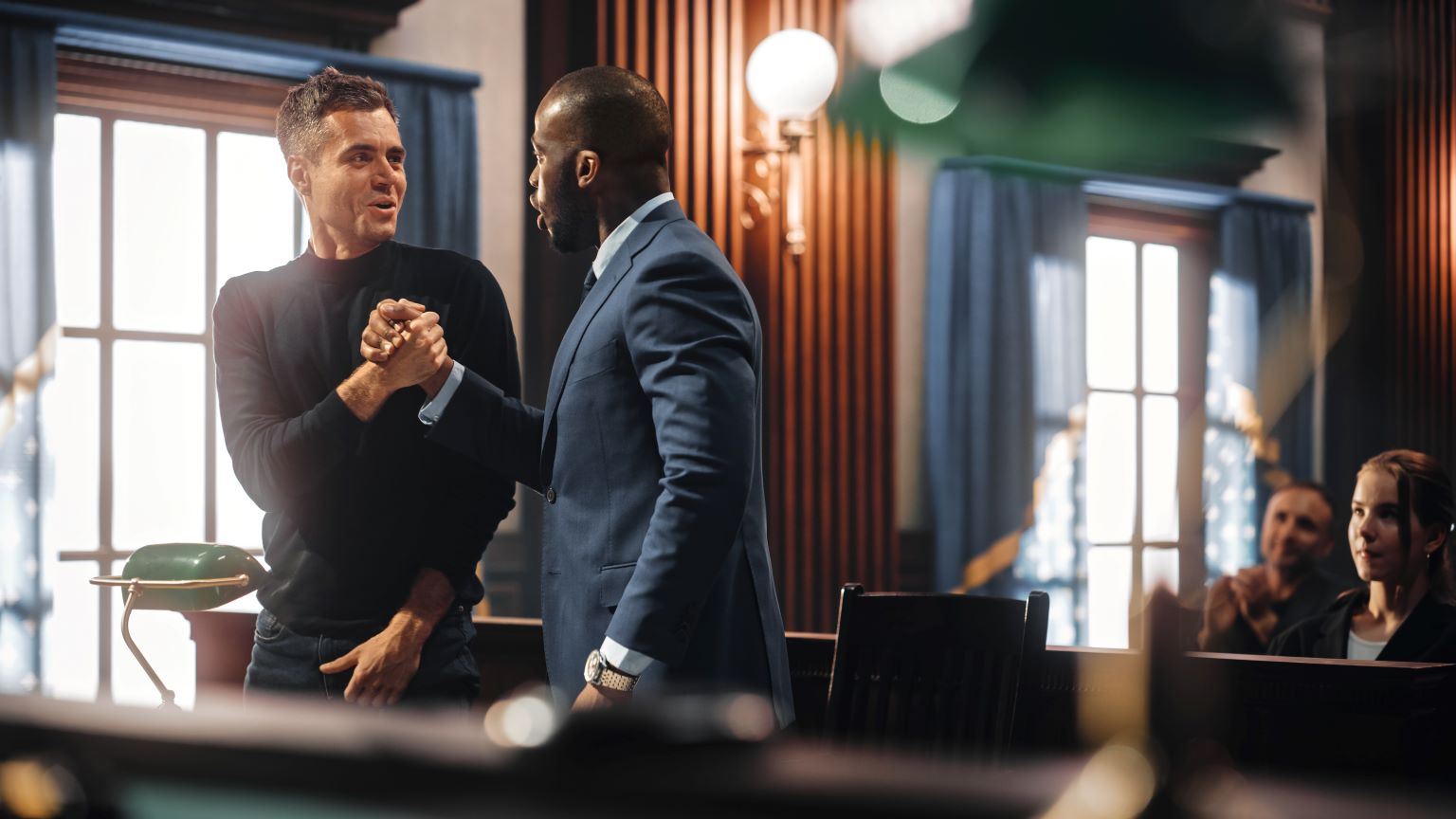


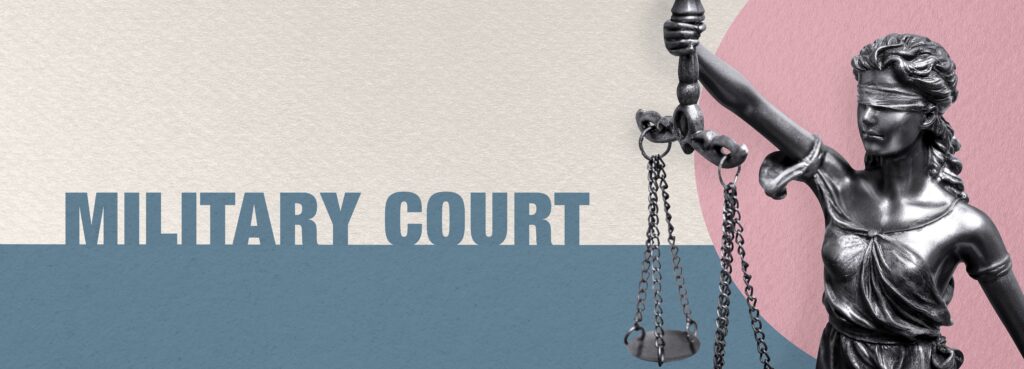
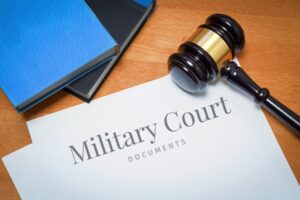

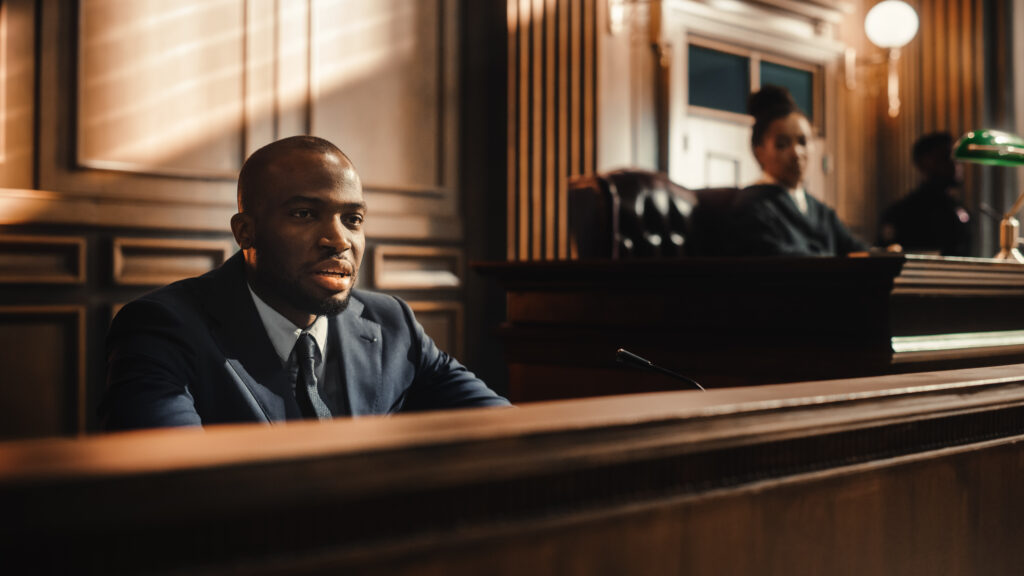
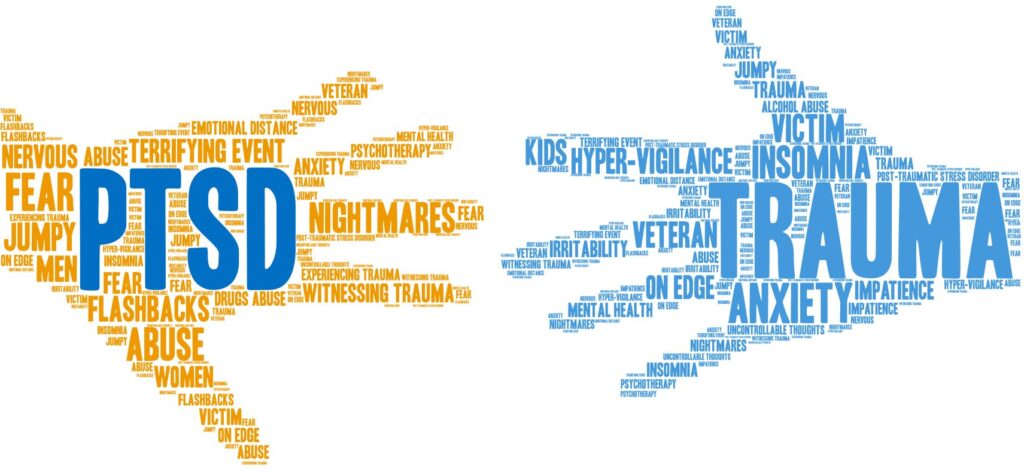


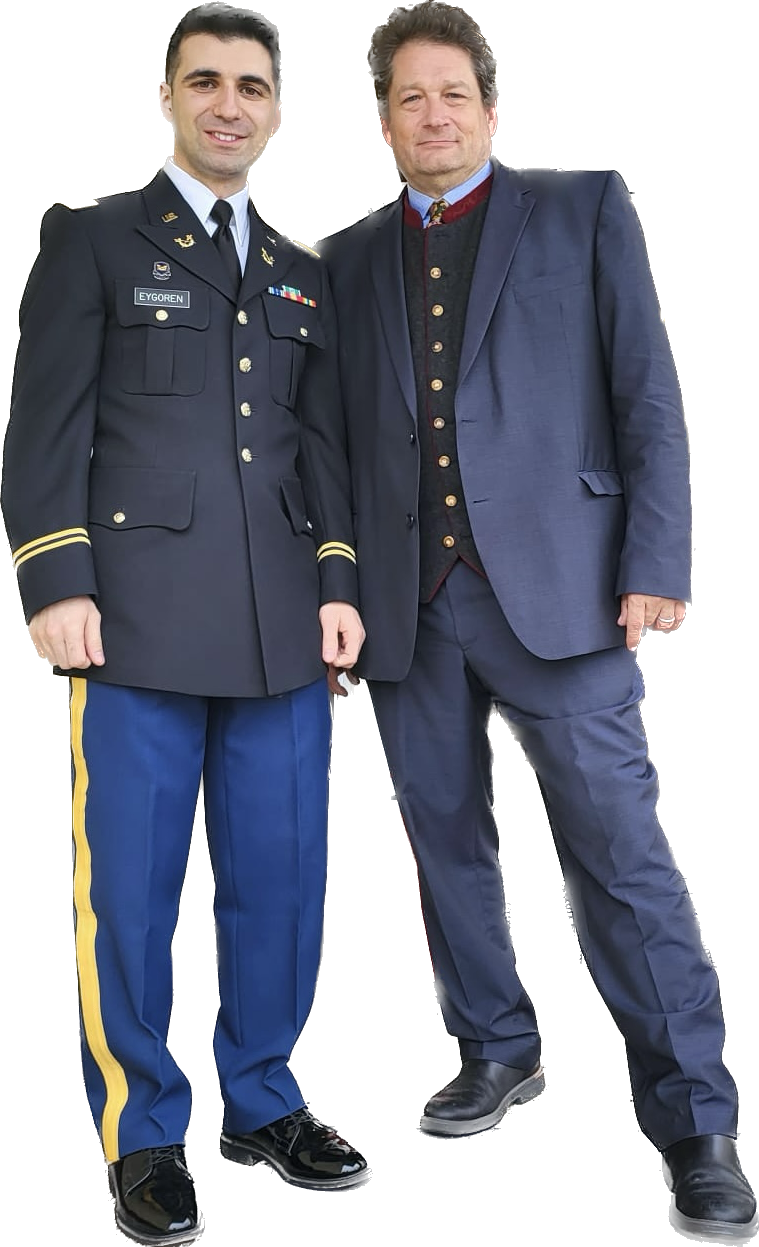
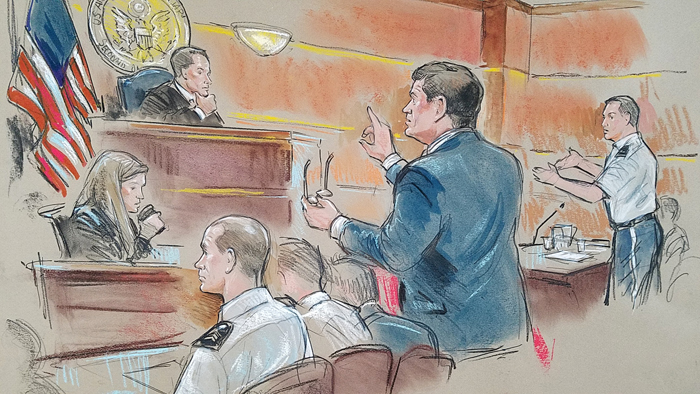 Nowhere in Section II, Administrative Board Procedures, does the regulation contemplate introduction of only written materials, including law enforcement reports and sworn statements. The only mention of written statements at the Board is in paragraph 2-9d when discussing the right of the Respondent to have witnesses produced for the Board and when the Respondent requests temporary duty (TDY) orders for the production of such witnesses — only then must the Respondent provide, “an explanation as to why written, recorded, or telephonic testimony would not be sufficient to provide for a fair determination.” Otherwise, the regulation is silent on the introduction of witness statements as a sole alternative to live or telephonic testimony.
Nowhere in Section II, Administrative Board Procedures, does the regulation contemplate introduction of only written materials, including law enforcement reports and sworn statements. The only mention of written statements at the Board is in paragraph 2-9d when discussing the right of the Respondent to have witnesses produced for the Board and when the Respondent requests temporary duty (TDY) orders for the production of such witnesses — only then must the Respondent provide, “an explanation as to why written, recorded, or telephonic testimony would not be sufficient to provide for a fair determination.” Otherwise, the regulation is silent on the introduction of witness statements as a sole alternative to live or telephonic testimony.